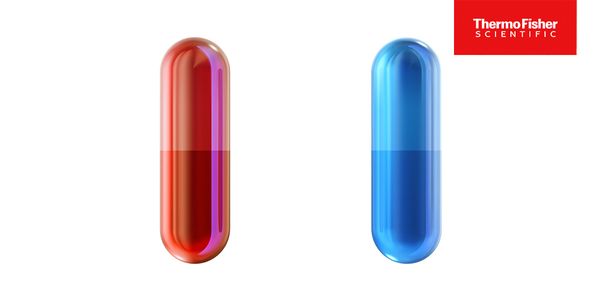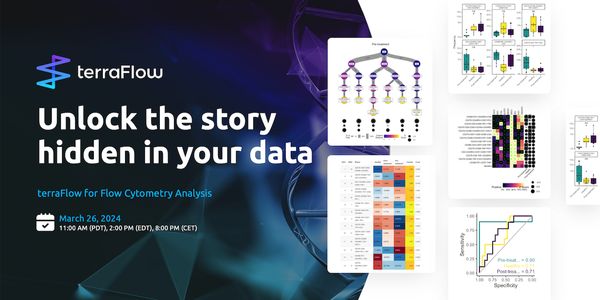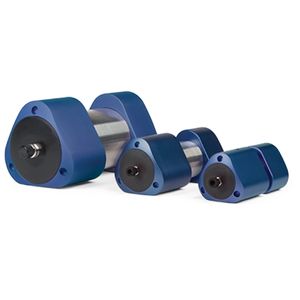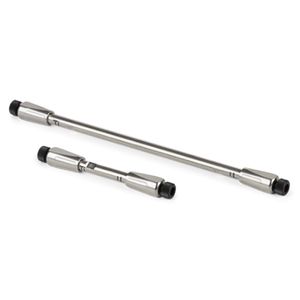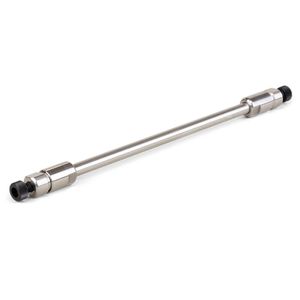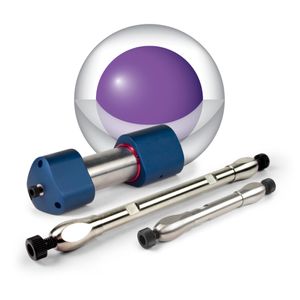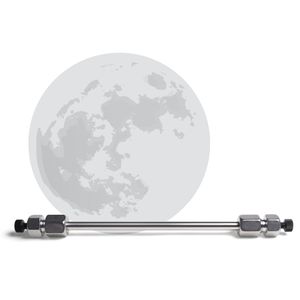-
Shu Wang, Ph.D.
Principal Investigator at IncyteBIOGRAPHY
Cell line development with high quality and regulatory-compliant materials is very important for biopharmaceutical production. The traditional process is time consuming and labor intensive. The Beacon Optofluidic system from Bruker Cellular Analysis accelerates this process by automatically screening thousands of clones for antibody production. However, creating a cell line that expresses bispecific antibodies (BiAb) presents additional challenges due to the heterogeneity of the resulting products, including heterodimers, halfmers, and homodimers from each single arm. In order to select the best clone, we need to be able to accurately measure the percentage of heterodimers in bispecific antibodies.
To address this challenge, we collaborated with Bruker Cellular Analysis to develop a beacon on-chip binding assay. First, we labeled one of the ligands with Alexa-594, this antigen binds specifically to single arm-A of the bispecific antibody. Next, we performed an on-chip binding assay using the labeled ligand A and SpotLight Hu Fc assay, which utilizes a specialized reagent designed to detect the antibody’s Fc part. Analysis of the fluorescence intensity of the dyes enabled us to calculate the stoichiometric ratio of arm-A to Fc.
To validate our assay, we compared the ratios determined by the on-chip binding assay and the actual ratios obtained from previous bulk pools, mini pools and clones. The results revealed a strong correlation affirming the accuracy and reliability of the on-chip assay. Then we selected clones from a bulk pool with different arm-A to Fc ratio and SpotLight Hu Fc score and analyzed fed-batch titer and product quality. The results indicated that the on-chip binding assay not only streamlined the cell line development process but also significantly improved the efficiency.
Please update your information
Certificate of Attendance
DOWNLOAD CERTIFICATE
Finish Registering
- 0 Days
- 0 Hours
- 0 Minutes
- 0 Seconds
-
JUN 06, 2024The Future of Scientific Conferencing
-
JUN 07, 2024The Thomas Experts Series & The Thomas Center Labs
-
JUN 18, 2024The Power of Comprehensive Genomic Profiling Testing
- See More
-
JUN 02, 2024
- See More

